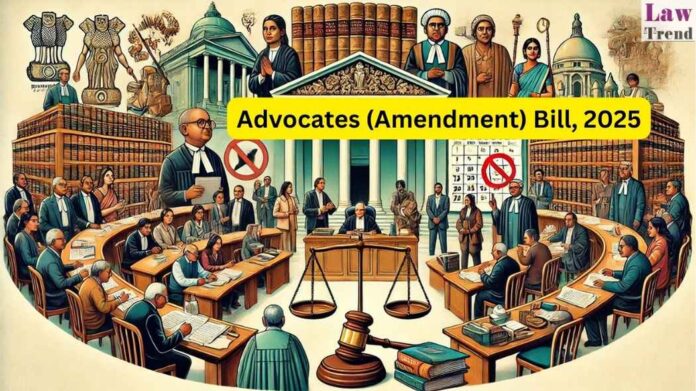The Advocates (Amendment) Bill, 2025, proposes significant changes to the Advocates Act, 1961, with the aim of modernizing legal education, ensuring better regulation of the legal profession, and addressing misconduct among advocates. While the Bill introduces much-needed reforms, several provisions require reconsideration to avoid excessive regulation, maintain the independence of the Bar Councils, and ensure




